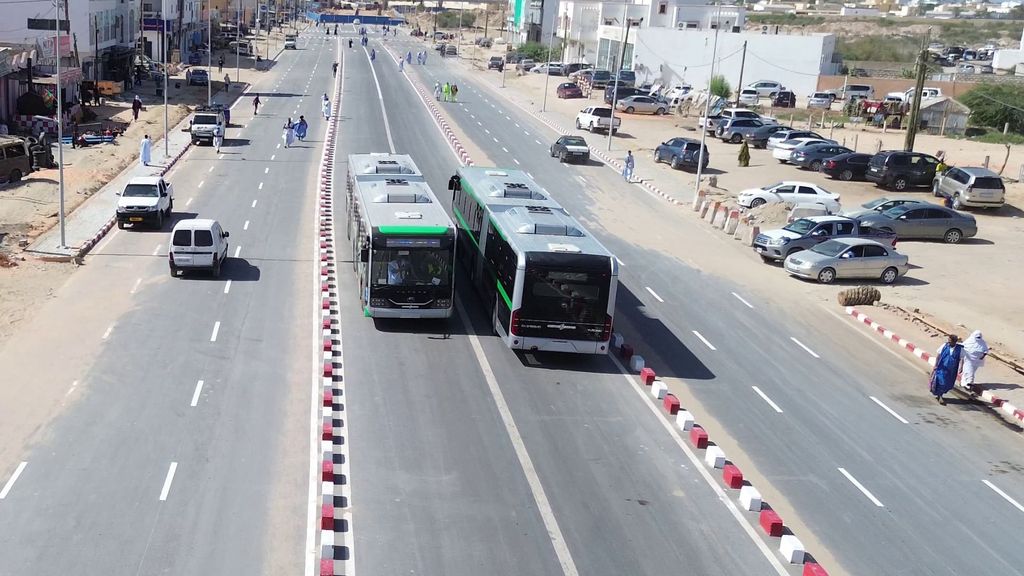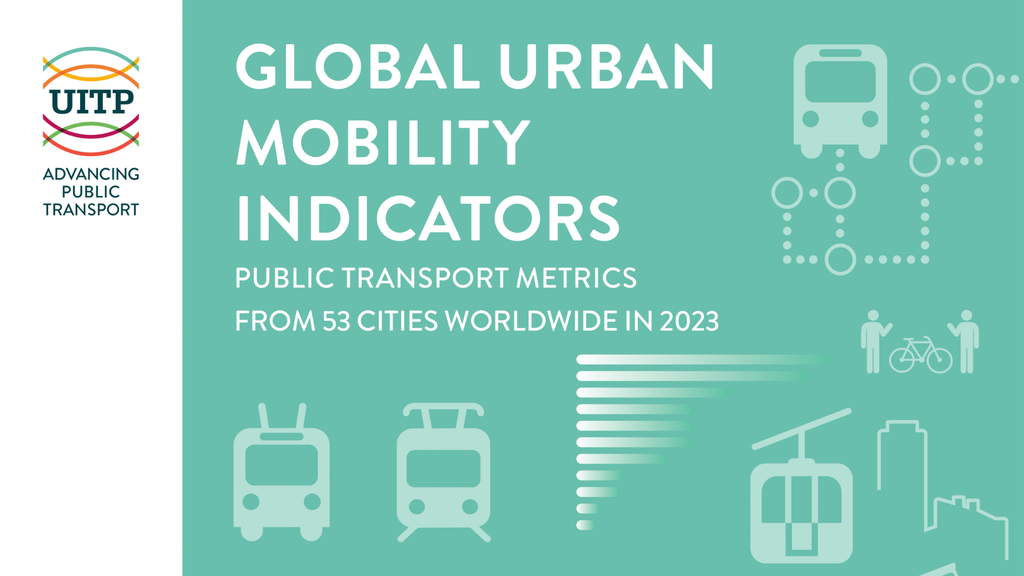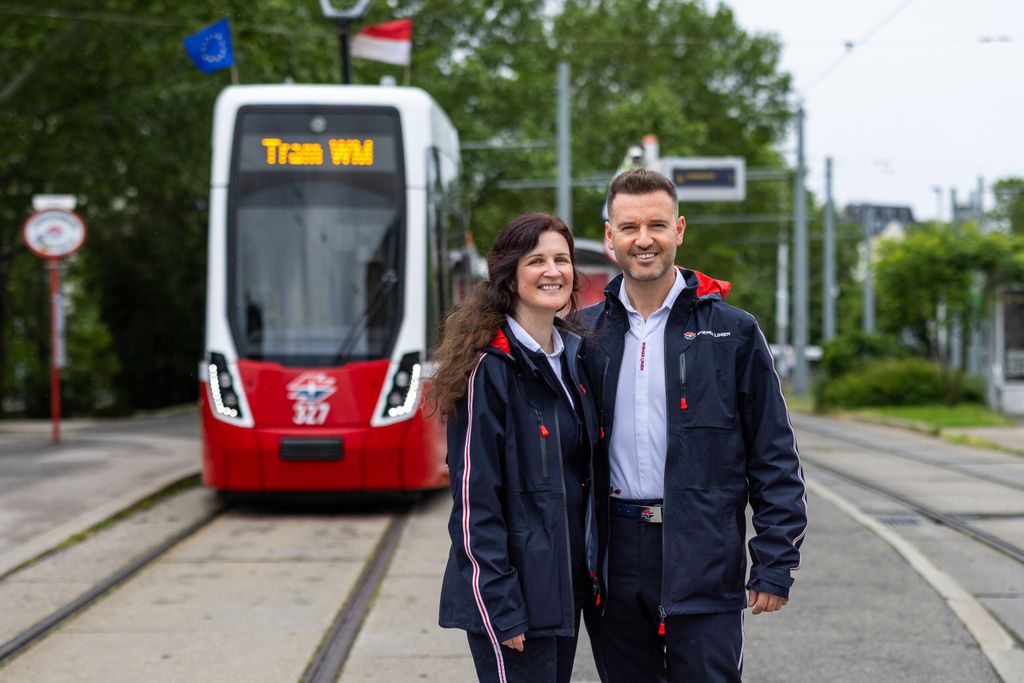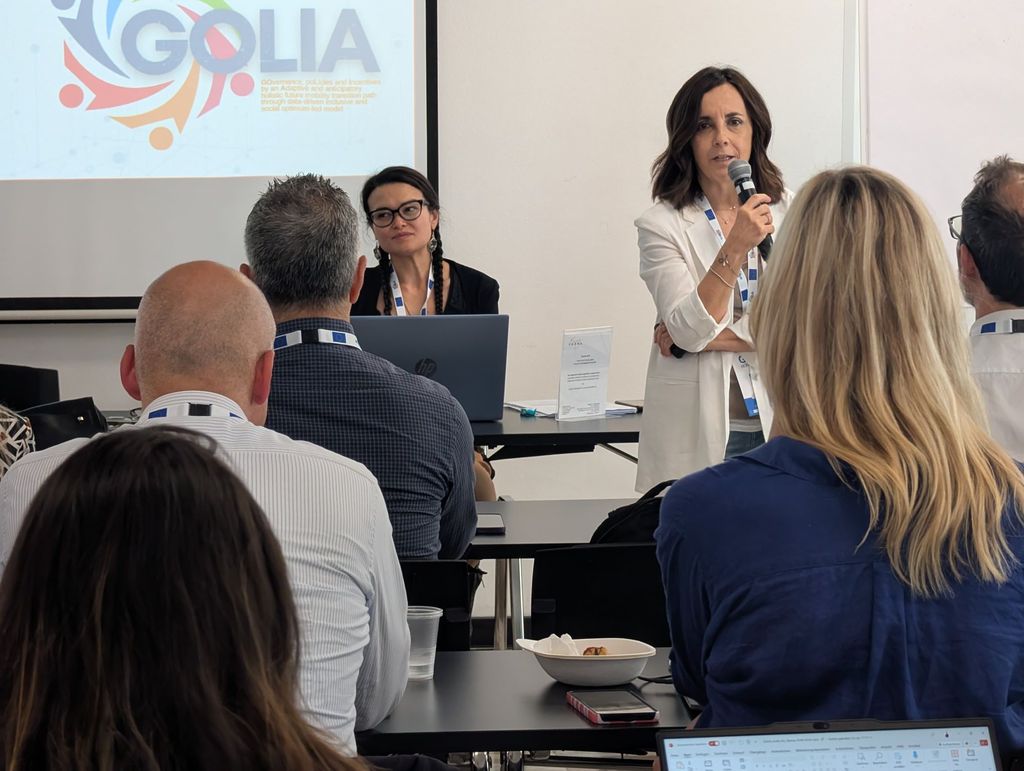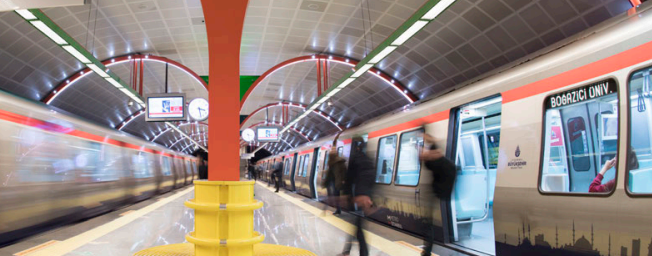
Insights from Practice: Case Studies and Lessons Learned from Electric Bus Deployment
Unlocking the future of urban transport by deploying electric buses
The electrification of public transport fleets is gaining momentum as cities around the world take significant strides toward sustainability. Central to this transformation is the adoption of Battery Electric Buses (BEBs), which not only reduce carbon emissions and mitigate air pollution but also contribute directly to global climate goals. However, this transition goes beyond technological advancements; it requires comprehensive systemic changes that span infrastructure planning, procurement frameworks, operational models, and governance.
A new report from UITP, “Insights from Practice: Case Studies and Lessons Learned from Electric Bus Deployment” on the adoption of BEBs across twelve cities provides insights into how cities have successfully implemented BEBs and the challenges they have encountered along the way. Through this study, public transport authorities, policymakers, and stakeholders gain access to data and strategies to guide them in adopting BEBs effectively.
Cities featured in the study
The study covers twelve cities from around the world, which includes global pioneers with mature electric bus programs, as well as emerging implementers that are in the early stages of adoption. The cities featured are Shenzhen, Santiago, London, Delhi, Ahmedabad, Berlin, Gothenburg, Toronto, San Francisco, Doha, Alexandria, and Kayseri.
From the advanced programs in Shenzhen and Santiago to the rapidly developing initiatives in Doha and Alexandria, the report captures a comprehensive range of experiences across different geographic locations, governance models, and stages of electrification.

What the study aims to achieve
The study’s primary objective is to identify best practices in the planning, procurement, and operation of electric bus fleets. By examining a diverse group of cities, the report seeks to uncover the strategies that have used in achieving successful BEB transitions. It also investigates the primary drivers behind the adoption of electric buses, including regulatory mandates, climate action plans, financial incentives, and institutional commitments that have catalysed the shift toward cleaner public transport.
Through a comparative analysis of the experiences of these cities, the report provides valuable insights for decision-makers in cities across the globe. The goal is not only to disseminate knowledge but also to translate these practices into lessons and insights that can guide public transport authorities and operators in adopting BEBs at scale.
Importantly, this global report builds on earlier UITP research that focused specifically on the MENA region. The study Decarbonising Mobility: The Rise of Electric Buses in the MENA Landscape offers a structured framework for understanding the unique drivers, barriers, and enabling conditions influencing BEB deployment in the region. Taken together, these two publications provide both a regional and global lens through which cities can benchmark their progress, learn from varied contexts, and tailor solutions to their specific operational environments.
This is further contextualised in the 7th Edition of the MENA Transport Report, which outlines broader mobility trends, including modal shifts, investment priorities, and the evolving role of public transport across the region. The report documents how several MENA cities are gradually aligning their transport policies with climate resilience objectives, of which the electrification of bus fleets is a critical component.
The adoption of BEBs is not just a technological upgrade, it is a critical step in creating a cleaner, more sustainable urban mobility future. By reading this report and drawing insights from global experiences, cities around the world can better navigate the complexities of BEB adoption, adapt strategies to their unique contexts, and take informed steps towards a more sustainable and efficient urban transport system.
Access the report
Discover the report and more on MyLibrary
For more information or to share feedback
Contact: Batool MADANI at [email protected]

